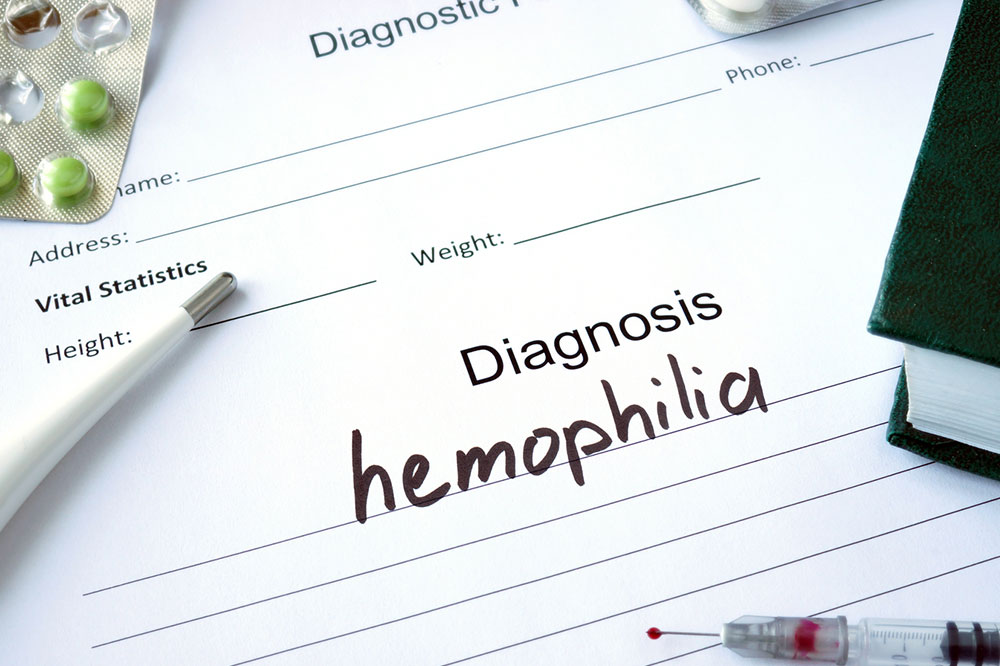
6 Lifestyle Tips for Managing Hemophilia
Eating nutritious food and making healthy lifestyle choices are extremely important steps for people with bleeding disorders. Hemophilia cannot be cured, but there are several ways to manage the symptoms and prevent excessive bleeding. Simple lifestyle changes can go a long way in keeping an individual healthy and preventing episodes of excessive bleeding. Here are a few effective lifestyle tips for hemophilia patients.
1. Exercise regularly
Regular workout sessions help hemophilia patients maintain healthy body weight and improve muscle strength. At the same time, one must avoid taking up sports that can cause injury and lead to bleeding. They should also refrain from participating in contact sports. Instead, one can consider low-impact exercises like walking, swimming, and cycling.
2. Avoid the use of certain medicines
Some medications like heparin and warfarin cause blood thinning. These should be avoided in any case, along with other blood-thinning OTC medications like aspirin and ibuprofen. If one is experiencing persistent pain, they can rely on natural pain relief methods or request their doctor to recommend safe medications.
3. Practice regular and proper dental hygiene
One must clean their teeth and gums regularly to prevent any issues that can cause excessive gum bleeding. One can also work with their dentist to incorporate safe dental practices and keep their teeth and gums in good shape.
4. Stay hydrated
Water is an integral part of a healthy diet and keeps the joints, cells, and organs functioning smoothly. Drinking plenty of fluids is also necessary to maintain oral health, so one should aim to drink at least 8-10 ounces of water every day. This is not just for managing hemophilia but also to maintain overall health and well-being.
5. Nutrition tips
Following a healthy diet is among the key lifestyle tips for hemophilia patients, so one should consider adding colorful fruits and veggies to their meals. They are great sources of several essential micronutrients, vitamins, minerals, and fiber. Whole grains like brown rice are among the other beneficial additions to a hemophilia patient’s diet, as they help stabilize blood sugar levels.
The main nutrients that encourage red blood cell production are iron, vitamins C and B12, and folic acid. All these nutrients together reduce the risk of bleeding in hemophilia patients.
6. Use precautions and safety gear
One should talk to their doctor about effective preventive measures and using protective gear before starting a physical activity. Patients should also pay attention to their joint health and the severity of the symptoms. Besides, it’s advisable to report all bleeding instances and seek immediate medical assistance.
Apart from following these lifestyle tips for managing the condition, hemophilia patients must consider getting annual medical checkups to check and ensure that their physical health is in top order. One must also get tested for blood infections and get vaccinated for hepatitis A and B.



